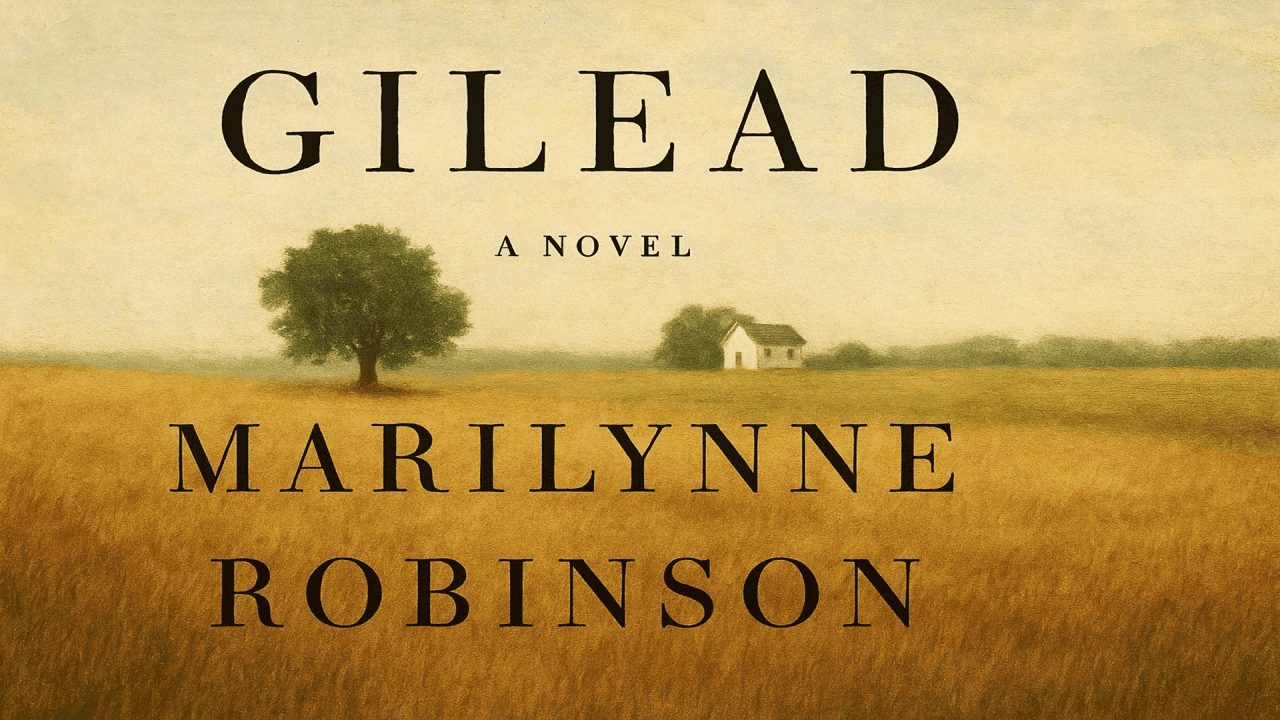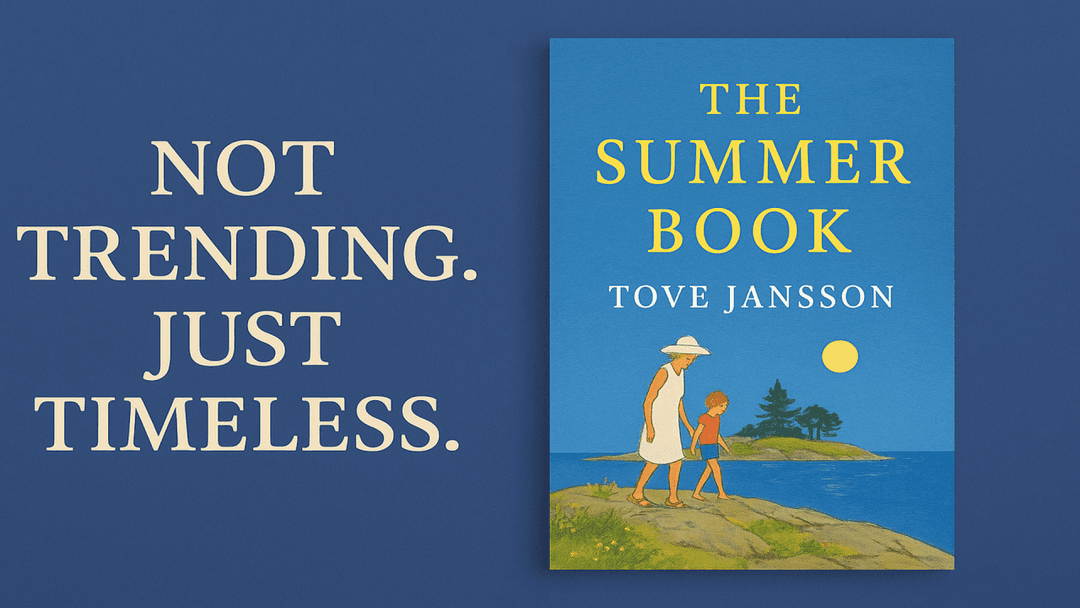Dear Book Lovers,
This week, we're diving into the depths of faith, family, and the human condition with Gilead, a masterpiece by Marilynne Robinson that's sure to leave a lasting impression. Published in 2004, this Pulitzer Prize-winning novel explores the quiet, complex lives of its characters, weaving profound themes of love, spirituality, and redemption into every page.
A Journey into the Soul
Set in the 1956s in the small town of Gilead, Iowa, the story is narrated by John Ames, a 76-year-old preacher who is writing a letter to his young son, trying to impart his thoughts, wisdom, and spiritual reflections before he passes away. His narration gives us a tender and intimate look at his own life, struggles with faith, and his deep love for his son.
Ames' life has been shaped by his father, a powerful preacher, and his own spiritual journey, but when a man named John Ames Boughton returns to town—a man with a troubled past—the narrative begins to shift. The novel delicately explores the tension between generations, the complications of forgiveness, and the possibility of redemption.
Themes to Contemplate
Faith and Redemption
At its core, Gilead is a meditation on the complexities of faith, its challenges, and its comforts. Robinson's portrayal of spirituality is gentle and thoughtful, offering readers a quiet space to reflect on their own beliefs.
Memory and Legacy
As Ames writes to his son, he grapples with the notion of leaving behind something of value. It's a poignant reflection on the legacy we hope to leave, not just in material things, but in the lessons we pass down to those we love.
The Passage of Time
The novel's slow, reflective pace is a beautiful portrayal of aging and time's inevitable passage. Through Ames' thoughts, Robinson deftly captures the bittersweet nature of life, where each moment is both precious and fleeting.
Why You Should Read Gilead
- Beautiful Writing: Robinson's prose is lyrical and meditative, making every sentence a small piece of art. Whether you're drawn to the spiritual, philosophical, or emotional layers of the story, her writing style invites deep reflection.
- Universal Themes: Though deeply rooted in a specific time and place, the themes in Gilead transcend its setting. It's a universal story about human connection, forgiveness, and the questions we all face about meaning and purpose in our lives.
- Character-Driven Narrative: The novel is about people—imperfect, flawed, but deeply human. If you're drawn to character-driven stories that explore the complexities of relationships and inner struggles, Gilead is a must-read.
Notable Passages
"I told you last night that I might be gone sometime, and you said, Where, and I said, To be with the Good Lord, and you said, Why, and I said, Because I'm old, and you said, I don't think you're old. And you put your hand in my hand and you said, You aren't very old, as if that settled it."
"In every important way we are such secrets from each other, and I do believe that there is a separate language in each of us, also a separate aesthetics and a separate jurisprudence."
The Gilead Chronicle
Gilead is actually the first in what would become a quartet of interconnected novels:
- Gilead (2004): The story of Reverend John Ames
- Home (2008): Parallel events told through the perspective of Glory Boughton
- Lila (2014): The story of Ames's young wife and her difficult past
- Jack (2020): Focused on John Ames Boughton's life and struggles
Each novel stands alone, but together they create a rich tapestry of perspectives on shared events and characters.
Reading Group Questions
- How does John Ames's awareness of his mortality shape his letter to his son?
- In what ways does Robinson address American history, particularly regarding abolition and racial justice?
- How does the character of Jack Boughton challenge Ames's understanding of grace and forgiveness?
- What role does place—specifically the town of Gilead—play in the novel?
- How would you characterize Robinson's approach to religious faith in the novel?
What's Next?
After Gilead, you might want to continue with Robinson's interconnected novels, or explore other contemporary works that examine faith and family with similar depth, such as Elizabeth Strout's Olive Kitteridge or Toni Morrison's Home.
If you've read Gilead, share your thoughts with us! If not, this book is waiting for you to open its pages and step into a world of quiet reflection and profound storytelling.
Happy Reading!
Discover the Joy of Reading with Classic Pages
Join a vibrant community where stories thrive, authors shine, and readers connect. Buy, rent, explore, and promote—all in one place.
📱 Now available on the App Store and Google Play. Download the Classic Pages app today and reshape the way you read.



